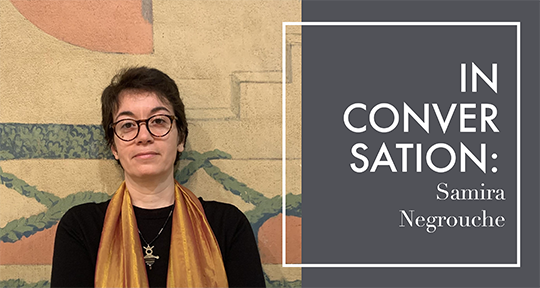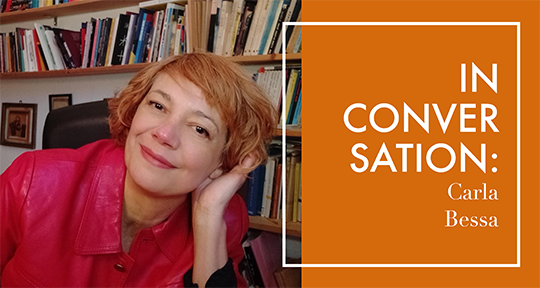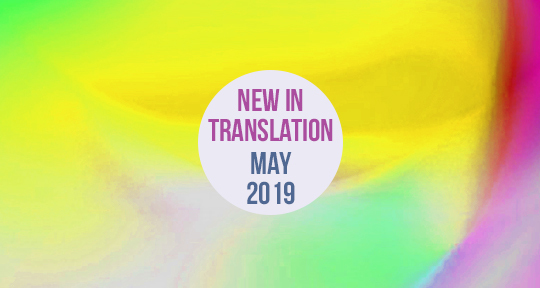Labelled by scholar Ana Paula Coutinho as one of the most gifted writers of the new Maghrebian literary movement, poet and translator Dr. Samira Negrouche sails across Algerian French, Tamazight, and Algerian Arabic languages. She is part of a group of Algerian writers collectively known as The October Generation, and her poetic vision (as sketched by one of her Spanish translators, the Argentine-born French author Carlos Alvarado-Larroucau) is in the same league as Stéphane Mallarmé and Alejandra Pizarnik. Resembling the Mediterranean Sea plainly visible from her Algiers apartment, her artistry and activism are fluid and expansive—crusading for the spirited interchange of literary and cultural thought across languages, artistic mediums, landscapes, and aesthetic style. ‘More literally than many poets, Negrouche has had her fingers on the pulse of Algiers’, Jill Jarvis summarises in Decolonizing Memory: Algeria & the Politics of Testimony (2021).
In this interview, I spoke with Dr. Negrouche on her body of work as a poet and translator; the current Algerian poetry and literary translation scene in the Francophone, Arabophone, and beyond; and the milieu that informs her philosophy and practise as a writer and cultural worker.
Alton Melvar M Dapanas (AMMD): You translate Algerian writers working in Arabic and Tamazight into French, and in turn, your works have been recast into several European languages. I’m interested in the ethnolinguistic milieu you come (and write) from—and write against.
Samira Negrouche (SN): I was born in Algiers, a city that has always been multilingual. Growing up in this city, I have been surrounded by these three languages that I like to call my mother tongues (although there is a traumatic history behind it). I am lucky to be part of a Berber-speaking family that has kept our ancestral language, and it is a language I keep using every day. There is Kabyle, the local daily language we use in my family, and also is the standard Tamazight, used and taught by a much larger group.
As a citizen of Algiers, I use our common daily Arabic that is often mixed with words from other languages—mainly Berber and French. This language has its own music and images. It has a lot in common with languages used in other parts of Algeria, but retains certain specificities. Finally, the Arabic we use in newspapers and universities is more standard.
French is still the main language for scientific studies in local universities, and it is also used in many other fields. It is a vivid language, especially in urban spaces. Additionally, English is starting to gain more attention among the youngest generations. READ MORE…






